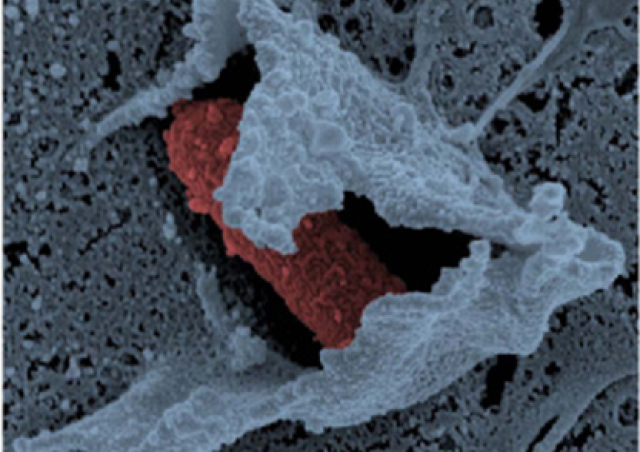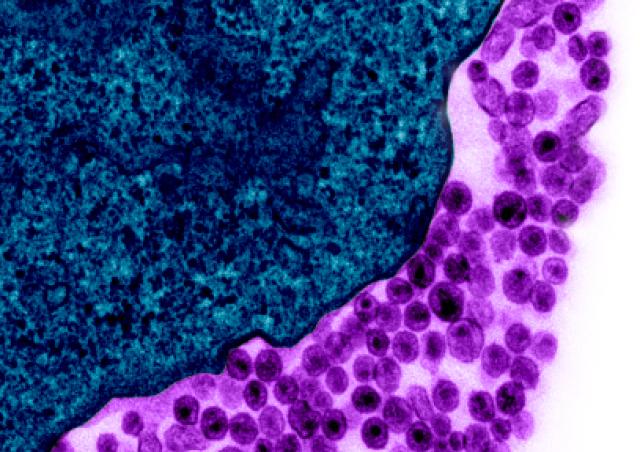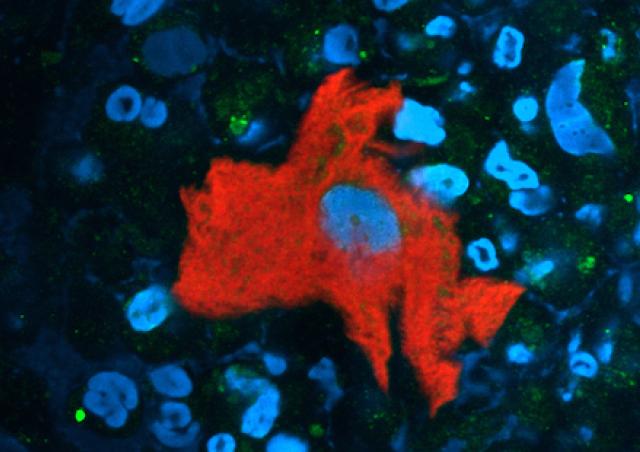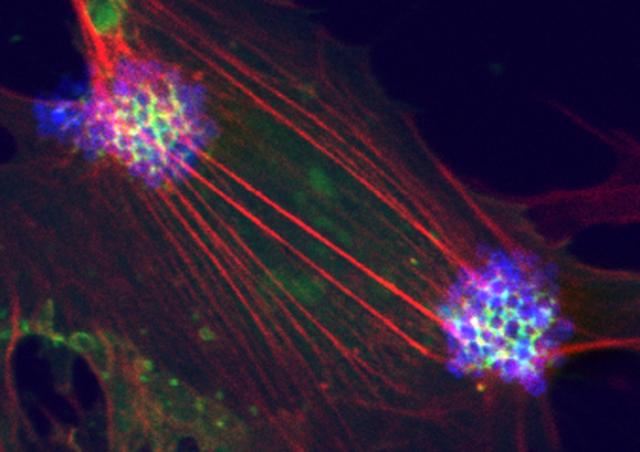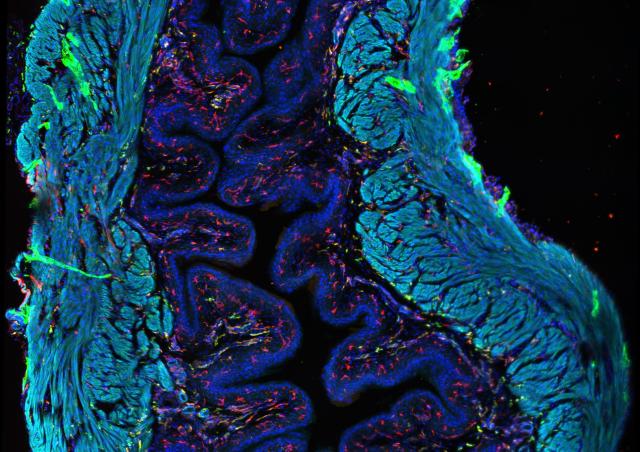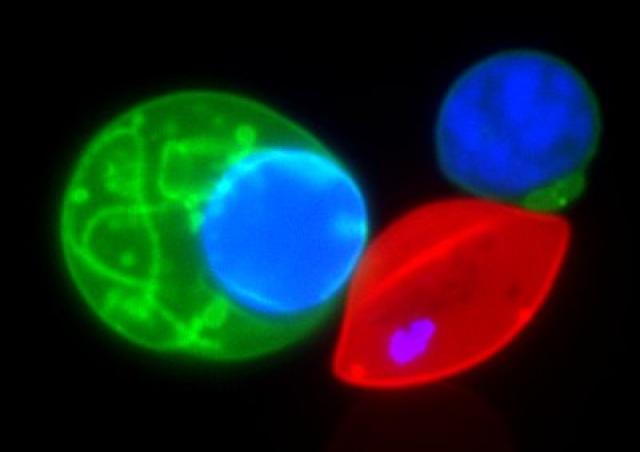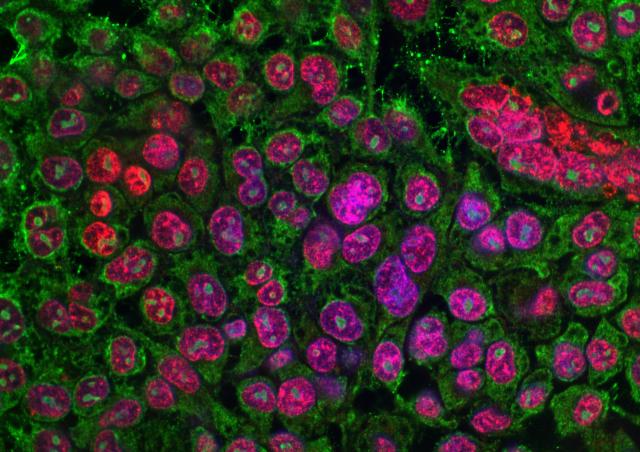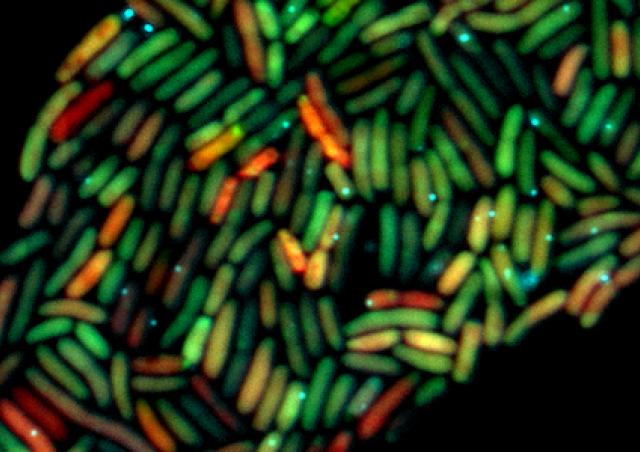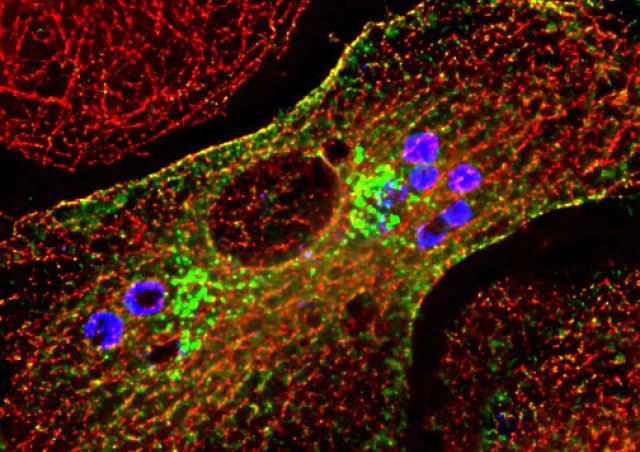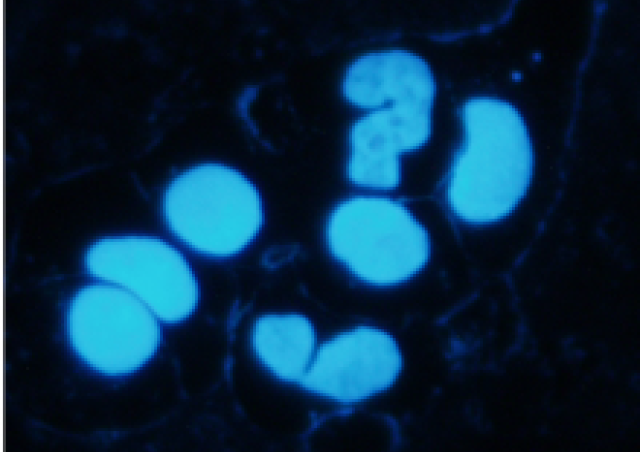Microbiology

The Microbiology axis brings together 10 teams whose activities, ranging from basic to clinical research, cover the study of host-pathogen interactions and microbiota. Our teams have a longstanding and pioneering activity in the study of the biology of pathogenic microorganisms such as viruses (HIV, SIV, HTLV, HSV, yellow fever virus, human rhinoviruses, influenza virus and Zika), bacteria (Shigella, Neisseria, Salmonella, Streptococci, E. coli), and parasites (Plasmodium), to understand the mechanisms they use to hijack infected organisms and interfere with humoral and cellular immunity. Recently, following the emergence of SARS-CoV2, several teams have also developed research themes to study this new virus. We are also studying the molecular mechanisms at the origin of resistance to antiviral, antimicrobial and antimalarial treatments, responsible for therapeutic failures. To answer these questions, our researchers are developing molecular and cellular approaches, preclinical models, as well as diagnostic or therapeutic approaches. Our links with Cochin Hospital (GHU, AP-HP Centre-Université Paris Cité) are strengthened by the presence of clinicians in several teams, and three teams led by academics with clinical responsibilities. Our teams participate in several university networks (Institut Hors Murs "Microb'Up"), national networks (laboratories of excellence "Who Am I", "Inflamex", "IBEID", "Parafrap", "Milieu Interior" and "GR- Ex”, “FHU Prema”) and international networks (“Flavimmunity”).




